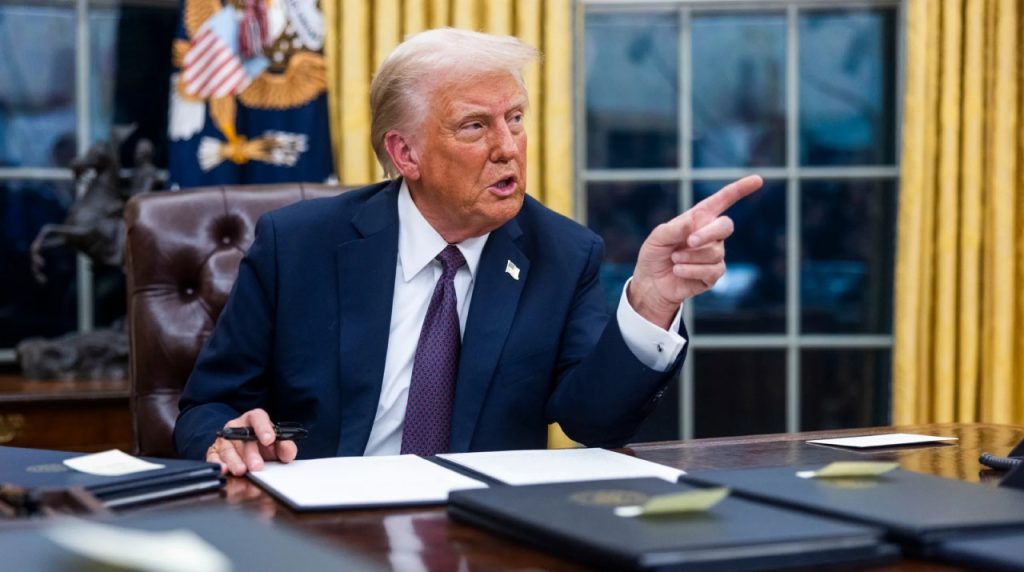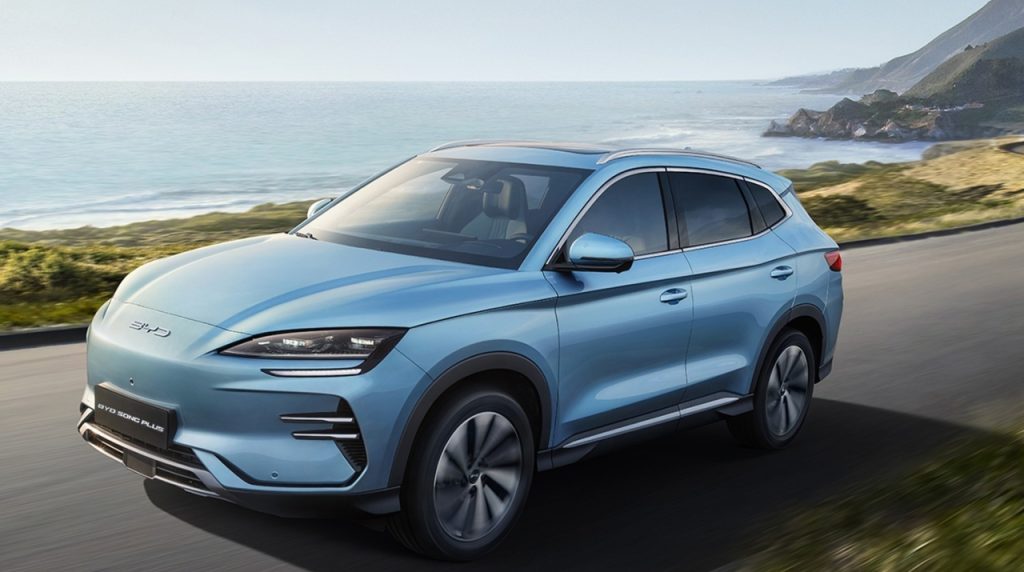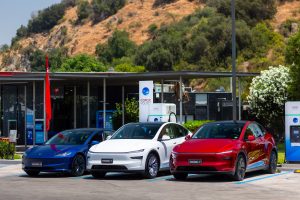
Trump Reverses Electric Vehicle Incentive Policies

As feared, the arrival of Donald Trump at the White House has begun to roll back fiscal incentive policies for electromobility, approved by former President Joe Biden.
A presidential decree signed after his inauguration seeks to bring combustion engines back to the forefront and suspend federal subsidies for installing electric vehicle charging stations in the United States.
You may also read: VEMO and GAC Advance Electric Mobility Development in Mexico

Other Measures Could Follow
Such as eliminating a federal tax credit for those purchasing an electric vehicle, or revoking an exemption that allows the state of California to enforce stricter automotive standards than the rest of the country.
Change of Vision
Trump stated upon taking office that he intends to end the “Green New Deal,” an initiative that includes the incentives promoted by Biden to boost electric vehicle sales.
Shares of electric car manufacturers like Rivian and charging equipment makers like EVgo dropped in the stock market. Tesla, owned by billionaire Elon Musk, a close ally of Trump, also lost ground.
The Alliance for Automotive Innovation, which sought to preserve the current legislation for the sector, reiterated its criticism, particularly regarding California, but did not comment on the presidential decree.
“The country should have a single, national standard to reduce greenhouse gas emissions in transportation,” said John Bozzella, president of the Alliance, in a statement.
Manufacturers revised their electric vehicle projects downward, in some cases starting at the end of 2023, due to weak demand. Less than 6% of total vehicle sales are electric.
Sales of electric vehicles rose 7.3% year-over-year to 1.3 million units in 2024, according to automotive industry specialist Kelley Blue Book. Sales growth was seen across all price segments.





